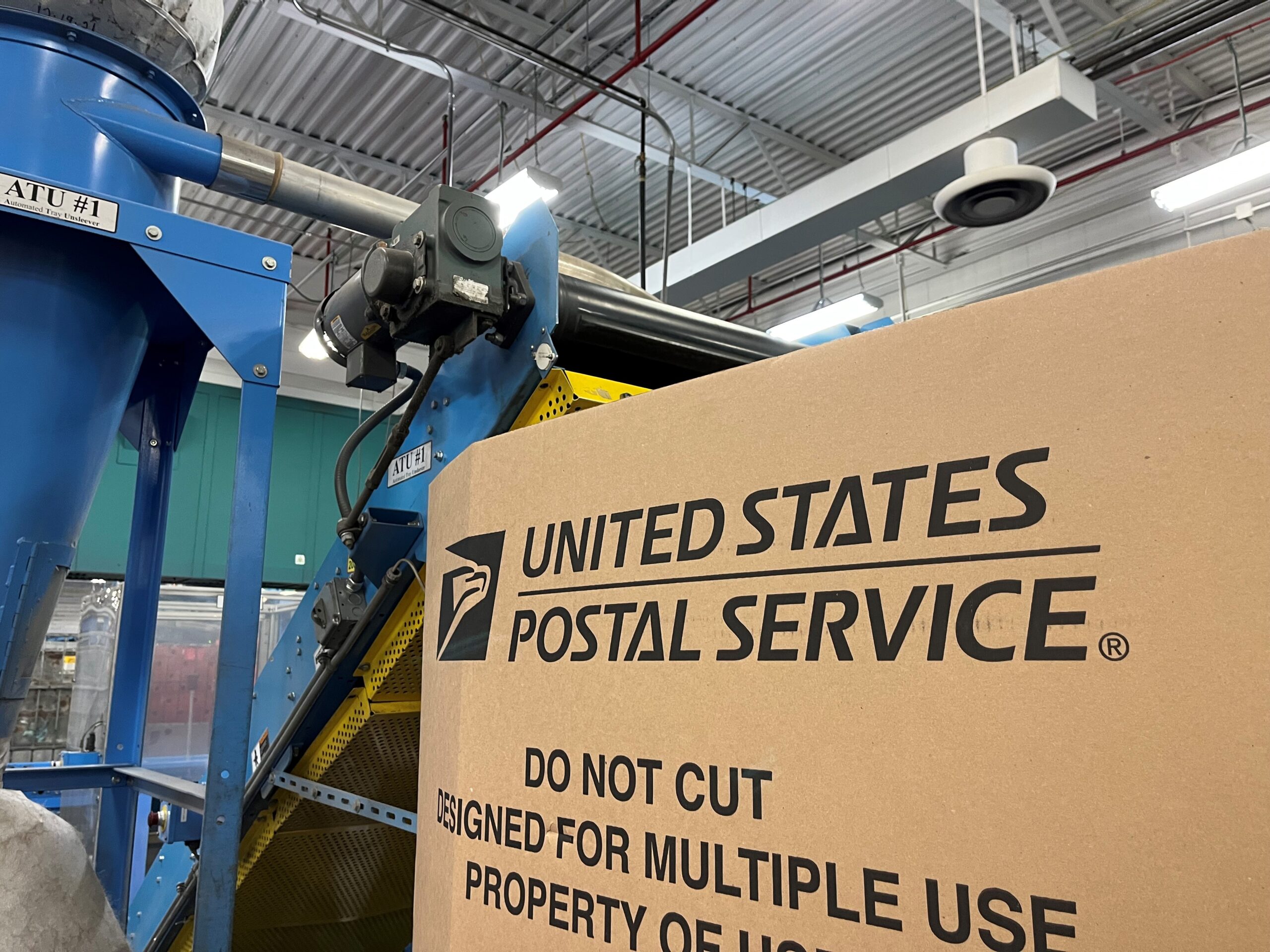Years ago, a friend handed me a copy of Mark Murphy’s “Hiring for Attitude” and said, “This book will change the way you think about hiring.” That sounded like a big claim, but as someone who’s hired and occasionally mis-hired, I figured it was worth a read.

JJ Rosen
The premise of the book is simple yet profound: when it comes to hiring, attitude trumps aptitude. Skills and experience matter, but they’re not what determines long-term success. It’s a person’s mindset—their adaptability, resilience, and willingness to learn—that truly makes the difference.
In our technology services firm, this theory has proven true. But hiring the right attitude isn’t as simple as it sounds.
The first challenge is that attitude is much harder to measure than aptitude in the hiring process. In our case, we can filter resumes for those who have experience in the technology stack we are hiring for. Using a combination of technical interviews and online assessments we can pretty much guarantee the person we’re considering has the raw talent we need.
But measuring a person’s attitude? This is much more difficult.
The second challenge is that the attitude traits that companies value can vary. So even if someone’s attitude fits perfectly well in their previous job, it doesn’t necessarily mean it will fit well for us.
So, the key is to first identify what attitude traits you are looking for and then decide the right questions to ask to be sure the person you bring on board is the right match.
Take the “superstar” who breezes through their work but refuses to collaborate. Or the one who panics under pressure and sends the whole team spiraling. These are the folks who might look great on paper but wreak havoc in practice.

Hiring the right attitude is important, but not as simple as it sounds.
On the flip side, I’ve seen people with less-than-stellar resumes come in and thrive because they showed up with the right mindset. They embraced challenges, learned from mistakes, and made those around them better.
For our company, here’s a few of the attitude traits we have found to be important:
-
Adaptability. Change is the only constant in business. Whether it’s a shift in market trends, a new competitor, or a sudden curveball (like a global pandemic), the ability to adapt is critical for us. The best team members don’t just roll with the punches—they thrive on figuring out how to navigate them.
-
Resilience. Business is messy. Strategies fail, deals fall through, and obstacles appear out of nowhere. The people who succeed are the ones who can pick themselves up, dust themselves off, and keep going with a smile—or at least without a meltdown.
-
Collaboration. Lone wolves might look appealing, but they rarely drive long-term success. Today’s business challenges are too complex to tackle alone. People who work well with others, build trust, and keep the team’s goals front and center are the real MVPs.
-
Enthusiasm. Those who put the effort into being up-to-date with new technologies tend to thrive in our company even if they are still on the aptitude learning curve.
With these attitudes in mind, we’ve tried to fine tune our interview process to help us determine who we should hire. Here are a few examples of the types of interview topics that have worked for us:
-
Ask about failure. “Can you tell me about a time you failed and what you learned?” Look for answers that show accountability, resilience, and growth—not blame-shifting or excuses.
-
Ask about hobbies, side projects, or books they’re reading. Curious people tend to stay engaged and proactive, both on and off the clock. They are inherently enthusiastic.
-
Ask them to describe the members of the best team they’ve ever been a part of. Be it a work team, a sports team, or simply a project team, those who remember and admire their team members tend to be good collaborators.
In the end, hiring for attitude isn’t just about filling a role—it’s about building a team that can weather storms, embrace change, and succeed together. Whether you’re running a tech company, a retail store, or a nonprofit, that’s a winning formula every time.
So, the next time you’re hiring, resist the temptation to focus solely on resumes and certifications. Look for the spark—the attitude—that turns a good hire into a great one.
JJ Rosen is the founder of Atiba, a custom software development firm, and a Nashville IT support company. Visit Atiba.com for more info.
This article originally appeared on Nashville Tennessean: Looking for ideal candidate when hiring? Check their attitude | Opinion
#ideal #candidate #hiring #Check #attitude












Leave a Reply